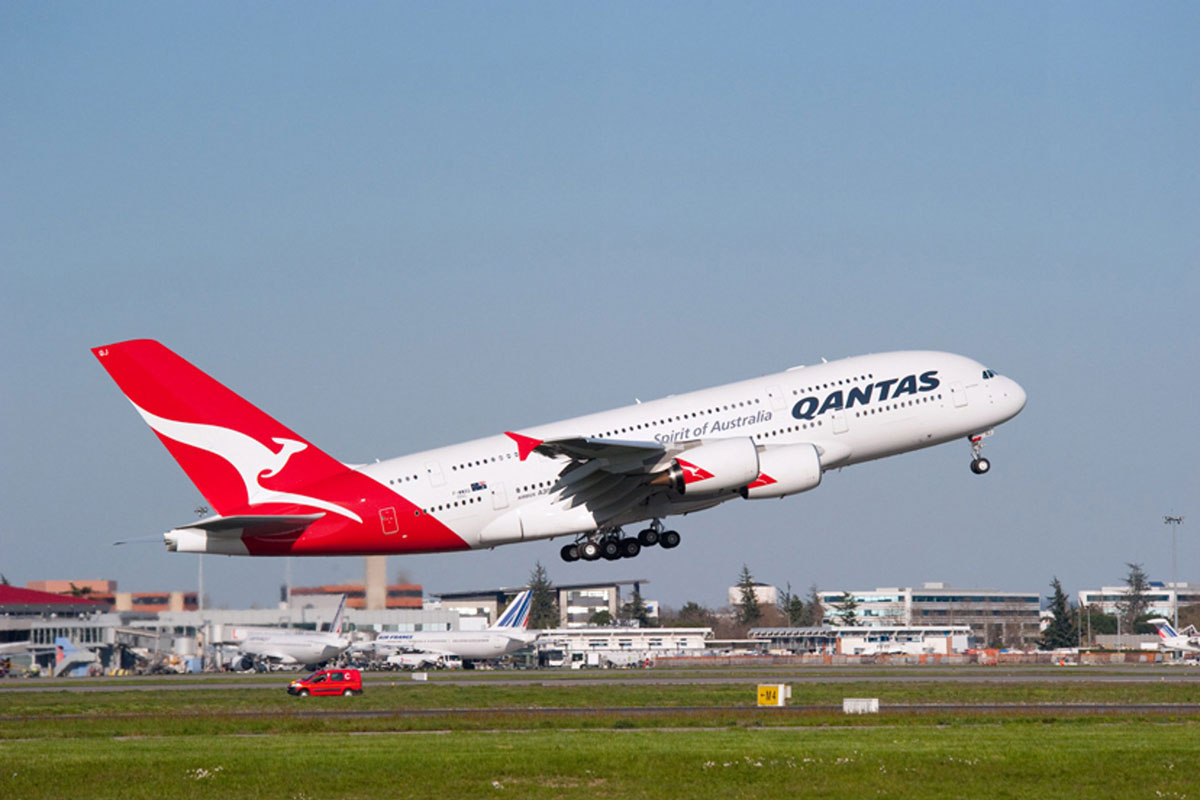When The Bat Kiss first smacked its lips with us we were shocked, but assumed a return to normalcy in a couple of months. That expectation was then pushed back by six months – then years.
The IATA’s “base case” scenario is as follows: “Global passenger traffic (revenue passenger kilometres or RPKs) will not return to pre-COVID-19 levels until 2024.”
This had led to many planes being sent off to places like Australia’s Alice Springs and California’s Mojave desert to be stored.
All airlines have suffered from this, with DMARGE having reported on everyone from Qantas to Singapore Airlines’ aircraft being ‘mothballed’.
View this post on Instagram
There is also no certain date of return – something demonstrated sharply this week as first-class passengers mourned the loss of Etihad’s A380s (and their sumptuous The Residence offering) after the Abu Dhabi airline’s CEO said it was highly unlikely they would ever return to service.
The A380 has been one of the heaviest casualties, with many airlines taking steps to either kill or reduce their reliance on the double-decker aircraft (some even turning instead to single aisle jets), as A380s are only profitable on high volume, long haul routes, the likes of which, it has been generally agreed, will take a very long time to see again.
Au contraire.
Or at least: not necessarily, one Qantas pilot’s recent interview with The Australian (see: Pilots Tip A380s For Early Return) would appear to suggest.
View this post on Instagram
Though Qantas grounded its fleet of A380s last year (and though there has been no official word suggesting any deviation from the 2023 predicted restart date for Qantas’ A380s), as the airline industry is now increasingly kicking in its ‘new normal’ embryo, one Qantas pilot recently interviewed by The Australian has hinted the return (when it happens) could come quicker than you might think.
Could it be a deluge not a trickle?
Australian and International Pilots Association (AIPA) president Murray Butt told The Australian in an article published on Tuesday he thought the 2023 date was a “worst-case scenario.”
“There’s a lot of pent-up demand for international travel. Once borders do reopen, it will be interesting to see how quickly that moves,” Captain Butt told The Australian.
He doesn’t claim to know anything for sure. Clearly – no one has a crystal ball. But he raises an intriguing point – one perhaps currently being neglected.
According to Simple Flying, Qantas has 10 A380s in storage at Southern California Logistics Airport, Victorville, where they are “being well looked after and kept in tip-top condition.”
However, despite this, Simple Flying reports, “there’s been plenty of speculation Qantas will not bring back the A380” – something Air France’s A380 fleet’s retirement and the likely tombstoning of the Lufthansa and Etihad A380 fleets have helped feed.
On this note, Qantas CEO Alan Joyce’s previous comments on the A380 may prove instructive.
View this post on Instagram
In an interview with Eurocontrol, Joyce said it was “heartbreaking” to see the aircraft stored in the Mojave Desert and insisted curfews and expensive airport slots meant flying them would still make sense once the industry recovers from the pandemic.
“We do think if you look at the Qantas network, there are going to be opportunities to deploy those aircraft.”
“An A380, that’s fully or nearly fully written down, if it generates cash, will absolutely work. Airports that have slot restrictions, like Heathrow, where a slot is extremely expensive, then the aircraft works for that. And the similar scheduling windows that worked for Australia are unique.”
“So we do believe there’s a need for that fleet. And we do believe that it will generate cash. And it’s all going to be about cash when we start up international.”
Only time, vaccine rates, and ticket sales will tell.
